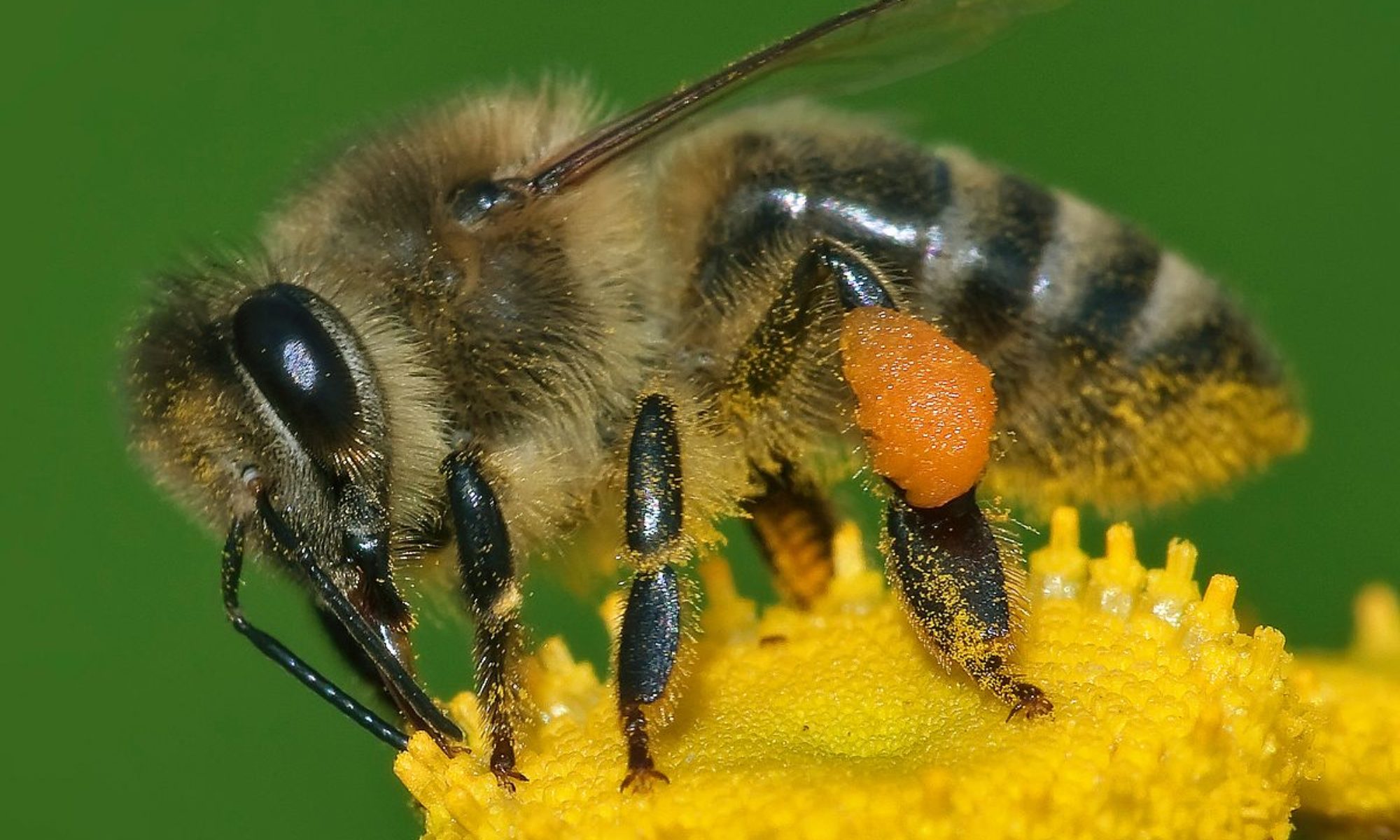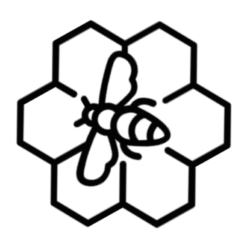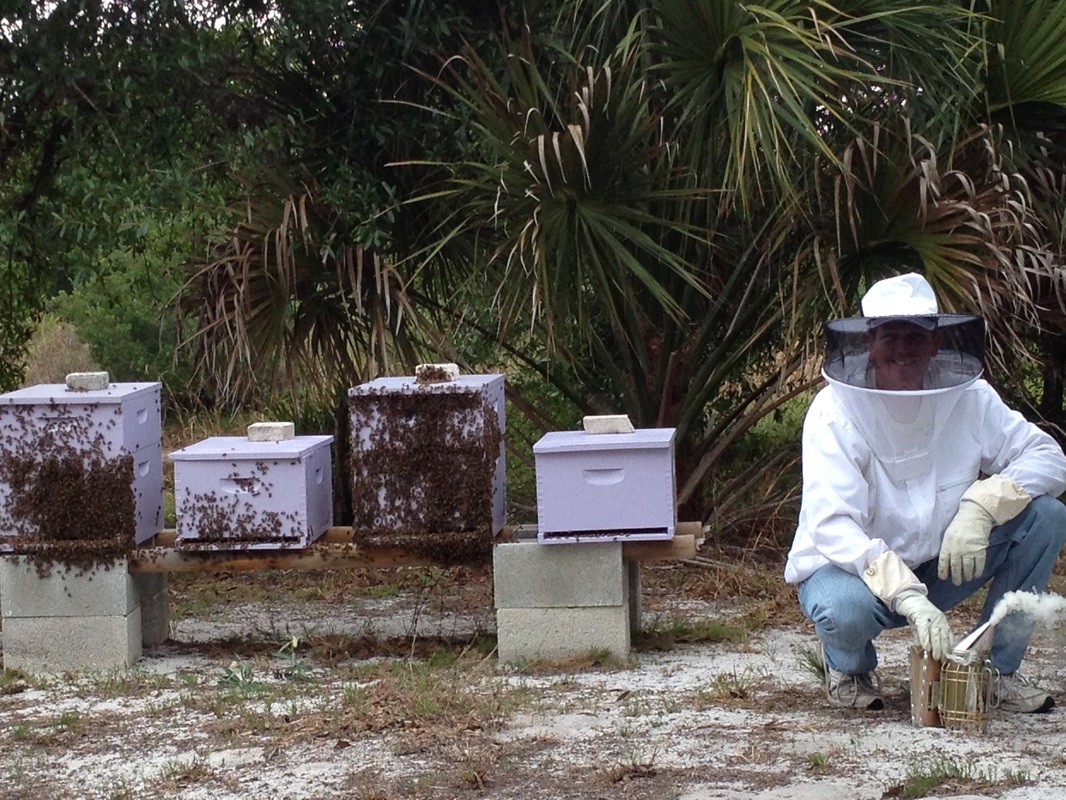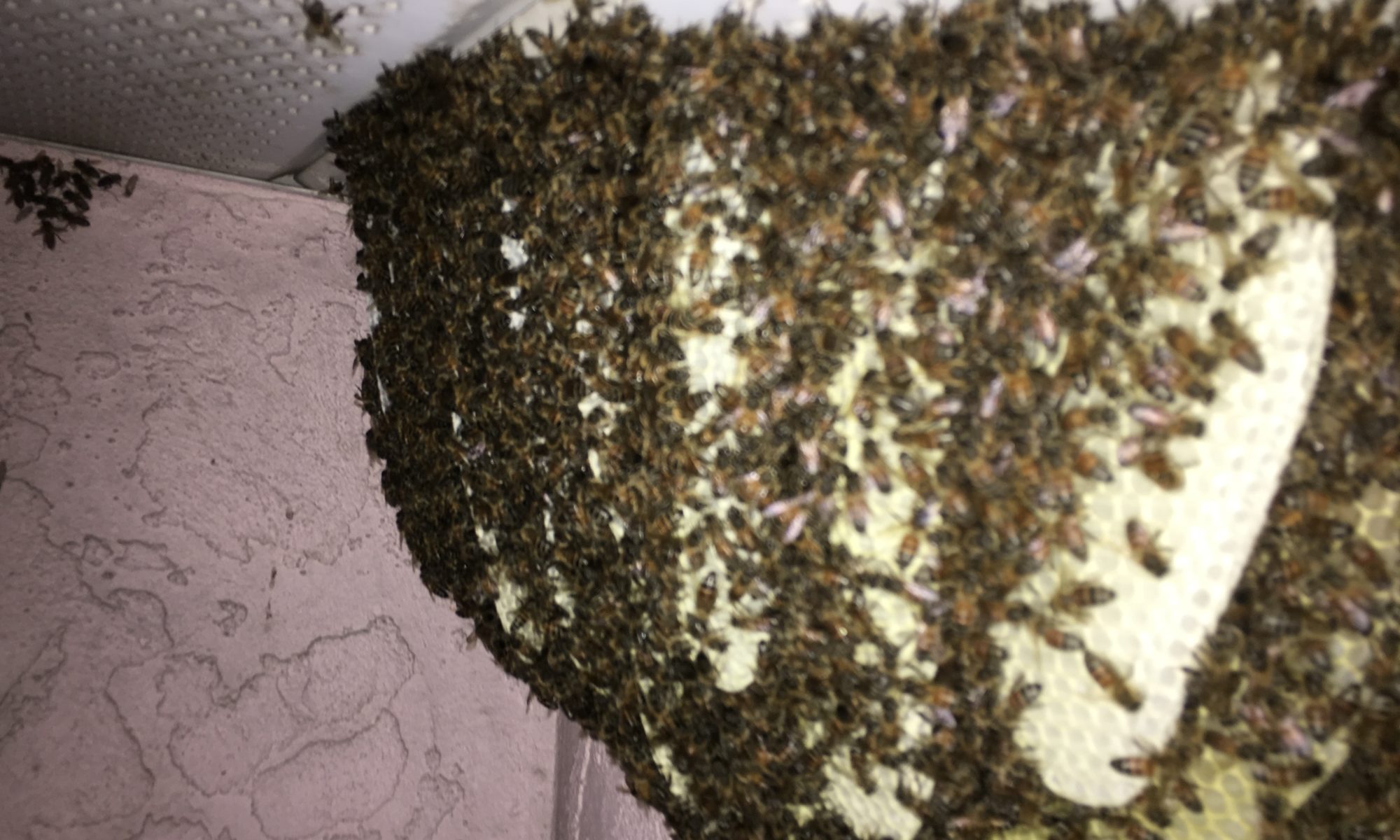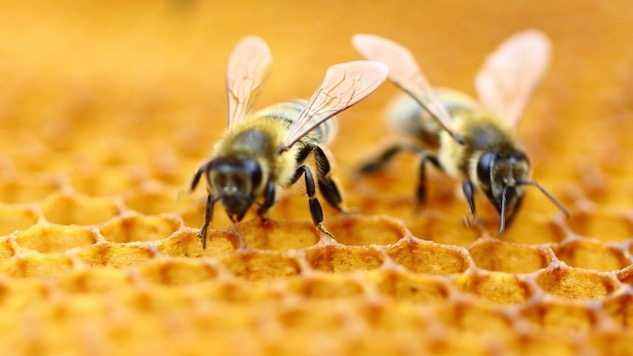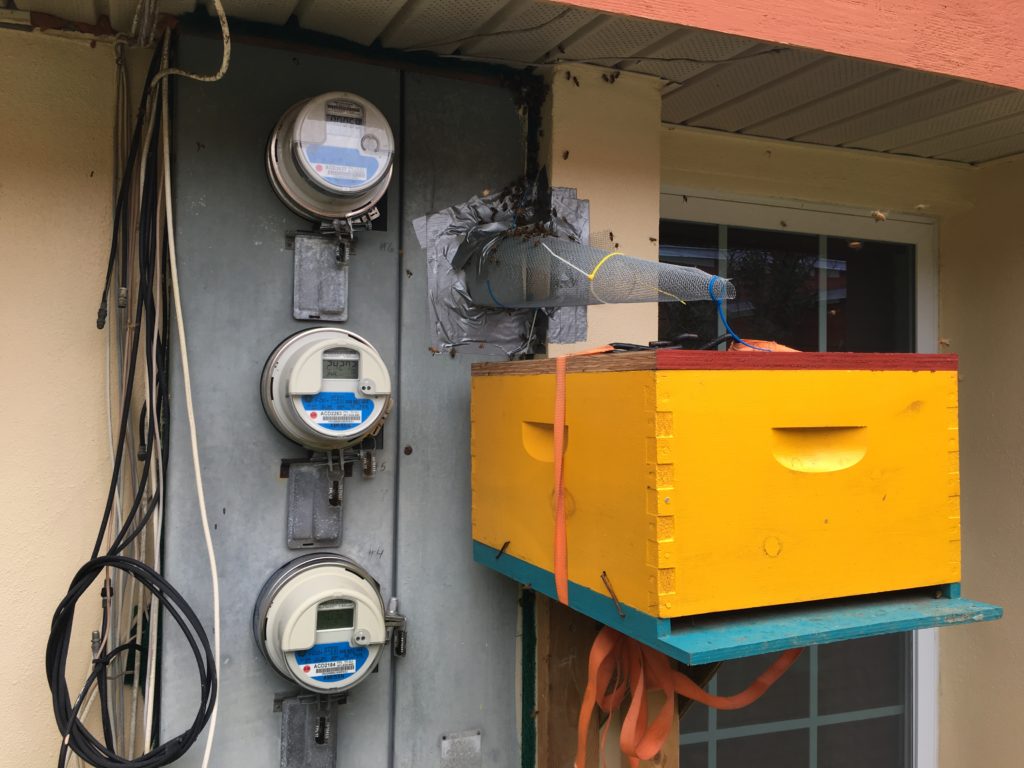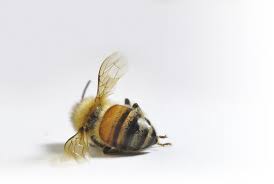Though we hope you choose GreenView Aquaponics Family Farm & Apiary, we know that there are other bee hive removalservices/companies out there. Some do excellent work. Others, you will be sorry you ever hired. So, how do you decide which company to go with?
Here are some questions that may be helpful to ask:
- Will the bees be killed, or removed live and relocated? Since honey bees are so vital to our environment, most reputable companies will not kill them, unless there is an immediate danger to people. We would recommend rescuing the bees as your first choice.
- Is the entire bees nest removed or will honey, comb and bees be left inside the structure? The real problem starts when the bees are killed and the hive is not removed. First of all, killing 15,000-60,000 bees is the equivalent size of a cat or other small animal. As the dead bees decompose, it can smell quite horrid. As for any honey left in the walls or floor, pests can chew through it causing the honey to ferment and drip. This will create a huge mess and most likely damage drywall and other building materials. Repairs from the damage can be costly.
- Will repairs be included? Some companies only remove the honey bee colony, but do not do the repairs of the access area. It is nice to be able to hire someone who is able to do both the removal and repairs and have everything taken care of in one day. Repairs will be discussed prior to the start of the bee hive removal.
- Does the bee hive removal company carry liability insurance? Make sure to ask if not stated on their website. Many hobby beekeepers and those offering “free” or lower cost bee hive removals, do not carry any type of insurance. This becomes a huge problem when someone is injured or causes property damage.
- Is the work guaranteed? What if bees return to the same spot the next year or the year after? One thing to know about honey bees is their keen sense of smell. This enables them to return to an old location, where a colony has been in the past no matter how well it has been cleaned out. If the area has not been sealed properly, bees will often come back.
- How much bee removal and construction experience does the person have doing the work? Just like with any profession, those who offer unusually low prices often do not have much experience and do cheap work. Experienced companies have completed many bee hive removals, will do minimal damage to your home when accessing the bees, and will do the job right, so you don’t have problems in the future.
